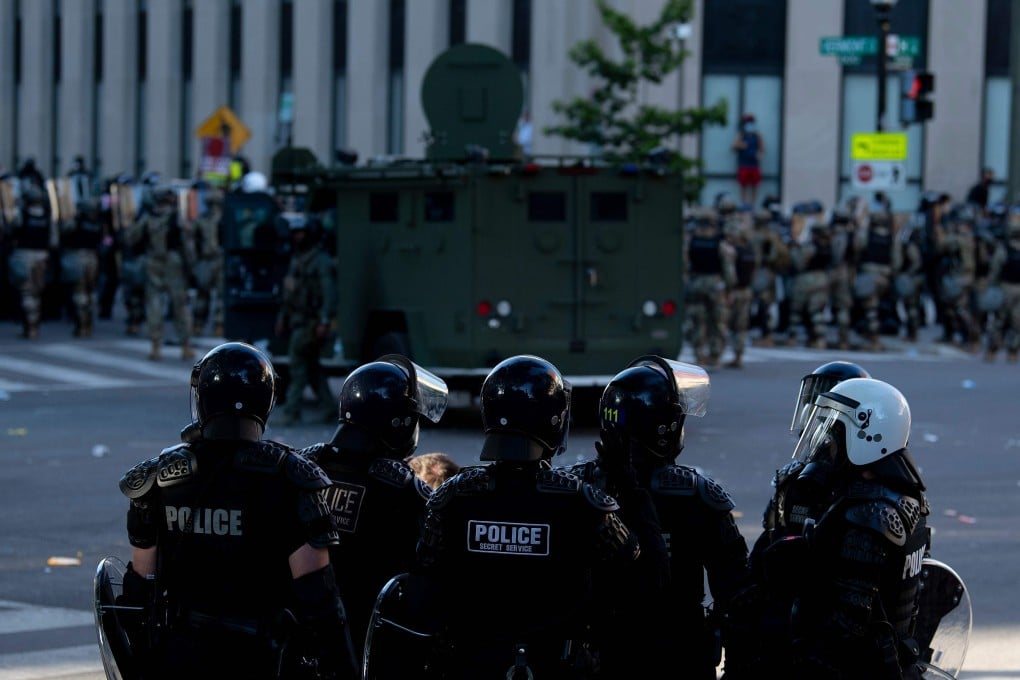My Take | ‘Whataboutism’? Not if you are guilty
- Those who level charges of whataboutism against others just want to shield themselves from criticism while criticising others

If you criticise other people for doing bad things and then you do something even more terrible, you are much worse for it. From Hong Kong’s perspective, that’s the position the United States is in.
US police forces have long been accused of racism and brutality – against civilians. Now we can watch such acts on live television. But when critics in Hong Kong and other places point out the double standards of American politicians, they are often accused of “whataboutism”.
Also called a Tu quoque argument, it’s supposedly a logical fallacy that goes like this: I’m guilty? What about you?! Therefore, I am not guilty. Of course, it’s only a fallacy if you draw the conclusion. If you stop at the middle proposition, you are merely expressing an outrage, usually at a blatant hypocrisy, and may be perfectly justified.
Dozens of journalists have also been targeted by security forces with tear gas, rubber bullets and pepper spray, according to the New York-based Committee to Protect Journalists. A CNN crew was arrested on live TV. Police vehicles have been videoed ramming into crowds of protesters.
